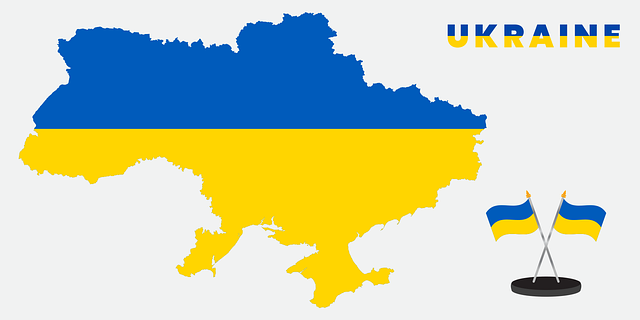Financial independence means achieving a lifestyle where personal aspirations drive choices, not monetary needs, through strategic investing, responsible budgeting, and savvy spending. Key strategies include rethinking traditional careers, building an emergency fund, diversifying investments, and exploring passive income streams. Regular review and adjustment of investment strategy, along with wise allocation of resources in budgeting, contribute to enhancing savings, minimizing risks, and maximizing returns – ultimately securing and sustaining financial independence.
“Discover the meaning of financial independence and why it’s more than just a goal—it’s a life-changing journey. In this comprehensive guide, we unravel the concept, breaking down its essence into manageable parts. Explore key factors that empower you to take control of your finances and achieve true freedom. Learn effective strategies to secure and sustain this independence, ensuring a future free from financial constraints.”
- Unraveling the Concept of Financial Independence
- Key Factors in Achieving Financial Freedom
- Strategies to Secure and Sustain Your Financial Independence
Unraveling the Concept of Financial Independence

Financial independence is a concept that has gained significant traction in recent years, captivating the imaginations of folks across various walks of life. At its core, it represents the state of being free from financial constraints and obligations, enabling individuals to make choices based on personal aspirations rather than monetary needs. This aspiration goes beyond merely having a substantial savings account; it’s about achieving a lifestyle where your income isn’t the primary driver.
Unraveling this concept involves understanding that it’s not just about wealth accumulation but also how that wealth is managed and utilized. It entails making smart financial decisions, such as strategic investing, responsible budgeting, and savvy spending, to create a sustainable flow of income. For many, financial independence means rethinking traditional career paths, exploring alternative income streams, and adopting a mindset focused on long-term financial security and freedom.
Key Factors in Achieving Financial Freedom

Achieving financial independence is a journey that requires strategic planning and a holistic approach. Several key factors play a pivotal role in attaining this goal. Firstly, budgeting and expense management are essential skills to master. Tracking your income and expenses, cutting unnecessary costs, and creating a balanced budget lay the foundation for financial health. This allows you to gain control over your money and allocate resources effectively towards savings and investments.
Secondly, building an emergency fund is crucial. Unexpected events can disrupt financial stability, so setting aside a portion of your income to cover at least three to six months’ worth of living expenses provides a safety net. Additionally, investing in diverse asset classes, such as stocks, bonds, real estate, or businesses, allows for the growth and diversification of wealth over time. These strategies collectively contribute to financial independence by enhancing savings, minimizing risks, and maximizing returns on investments.
Strategies to Secure and Sustain Your Financial Independence

Securing and sustaining financial independence involves strategic planning and disciplined execution. One key strategy is creating a robust budget that allocates resources wisely, ensuring essential expenses are met while freeing up funds for savings and investments. Diversifying your investment portfolio across various asset classes can mitigate risk; consider a mix of stocks, bonds, real estate, and alternative investments to balance growth potential with stability. Regularly reviewing and adjusting your investment strategy based on market conditions and personal goals is crucial.
Additionally, exploring passive income streams can supplement your primary revenue sources. This might include investing in rental properties, creating digital products, or establishing a side hustle that leverages your skills and interests. Building an emergency fund equivalent to three to six months’ worth of living expenses acts as a financial safety net, providing peace of mind and preventing setbacks from derailing your progress towards independence.
Financial independence is a journey that involves understanding your financial goals, making informed decisions, and adopting strategies to secure your economic future. By identifying key factors like saving, investing, and managing debt, you can take control of your finances. Sustaining financial independence requires continuous learning, adaptability, and a long-term perspective. Embrace the power of knowledge and planning to unlock a life free from monetary constraints.














